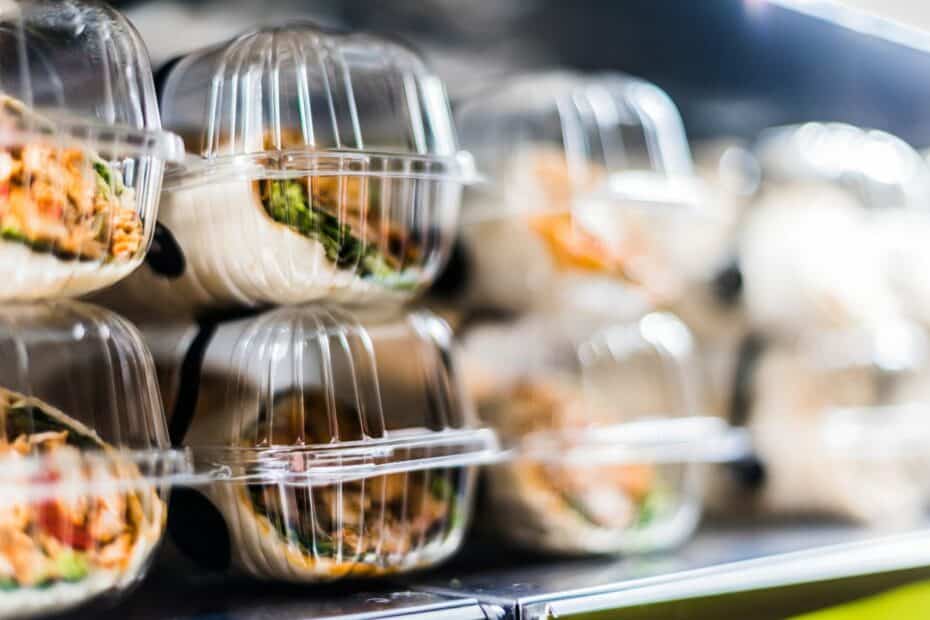Food has been the focal point of human existence since dawn. Growing food for sustenance was one of the discoveries that transformed our lives for the better. However, the development of food processing companies took that development a step further. In this blog, we will endeavor to answer the question – Is packaged foods a good career path?
Table of Contents:
- What Is Food Processing?
- Importance of the Packaged Foods Career Path
- Educational Qualifications and Skills Required in the Packaged Foods Industry
- How To Start A Packaged Food Business?
- Is Packaged Foods A Good Career Path?
What Is Food Processing?
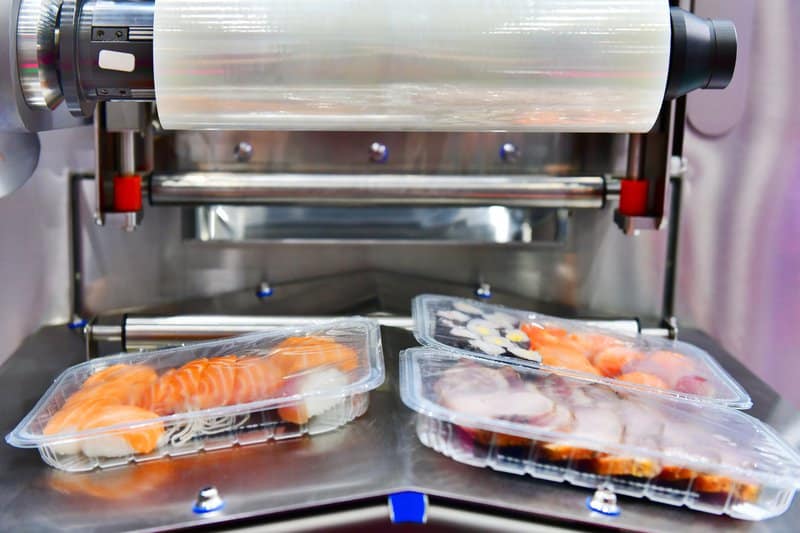
Food processing is a broad term that includes the processing, preserving, manufacturing, packaging, and canning of foods. As we know it today, food processing developed in the nineteenth and twentieth century. However, it was worked primarily with the military personnel in mind.
The main task of food processing firms is to supply good quality products to customers. They follow and comply with the government’s rules and other regulatory bodies.
Processes carried out in the food industry
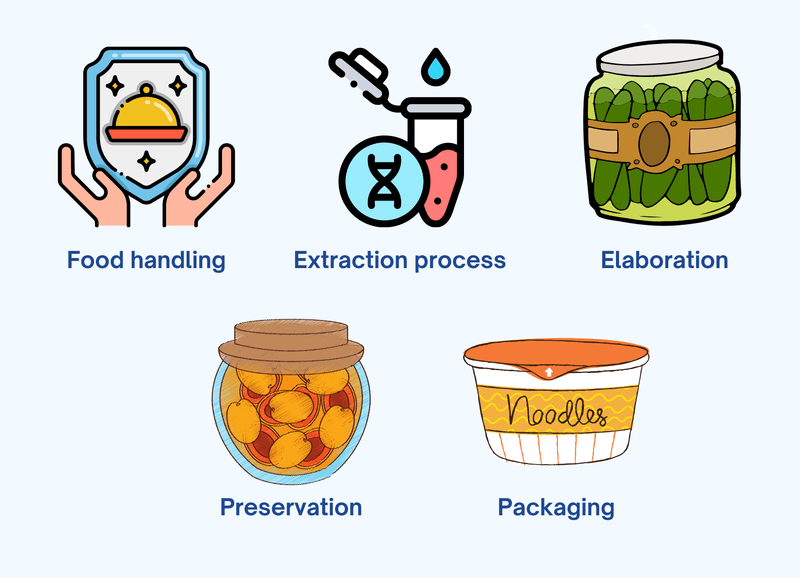
Food companies perform five main types of processes. Let us take a look at them here:
1. Food handling process
This is the part where the persons at the plant or the factory come in direct contact with the food. So, people need to take extreme care to prevent contamination.
2. Extraction process
Workers extract the pulp of various fruits or the content of bones in this step. They use methods such as heating, drying, filtering, or grinding.
3. Elaboration
In this step, the main objective is to transform the food. The workforce uses processes such as cooking, drying, or distillation to achieve this. Fermentation is carried out in the case of beverages.
4. Preservation
Microbial actions are brought to an end at this stage. One or a combination of a few methods is used to preserve food. Sterilization, ionization, pasteurization, and microwave radiation are some preservation methods prevalent in the food industry. So, the natural result is that processed foods have a longer shelf life.
5. Packaging
Now the food or beverage is ready, the packaging stage begins. Here, it is essential to note whether the food to be packaged is solid or liquid.
Importance of the Packaged Foods Career Path
The packaged foods business is responsible for ensuring that all the food we eat- biscuits, chips, and literally every other tasty treat that one can think of reaches us fresh and crispy.
Also, the display cases for various items and boxes used in the transportation of food items fall under the umbrella of the packaged foods industry. So, in this way, packaging helps protect large and small food products. Moreover, attractive packaging enhances the display on the shelves across various stores.
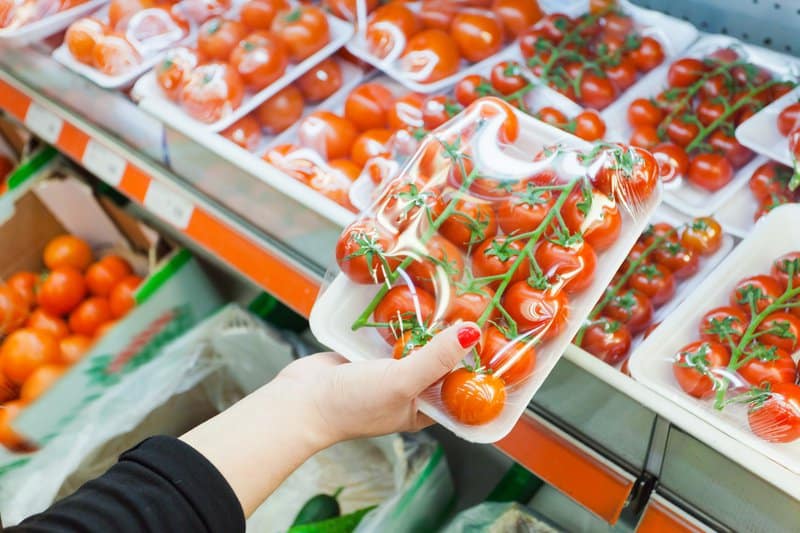
This attractive packaging comes in handy when brands are fighting for the attention of their customers. All food firms use bubble wrap, cardboard boxes, foam, and other materials to ensure the high-quality packaging of their products.
Also, related industries such as bakeries require the packaging to be done at a specific temperature range. This helps them in maintaining the aroma and flavor of their products.
Finally, packaged food companies are also responsible for shipping their products to retail stores. Here, consumers can purchase them. Over the years, these companies have also started selling their products online.
Educational Qualifications and Skills Required in the Packaged Foods Industry
We have read about the key role of the packaged food industry in our daily lives. However, now it is time to take things a step further. Let us look at the qualifications needed to start in this field.
Firstly, one needs a bachelor’s degree in food technology, food packaging, or engineering. For most entry positions, a high school diploma or a certification in food packaging is sufficient. However, a degree in engineering is required for senior positions only.
Vital skills required in the packaging industry.
Educational qualifications can only get you so far in any field. Beyond a point, it is the attitude and skills of the person that matter the most. Let us look at some of the must-have skills to thrive in this sector.
- Ability to work in a demanding and fast-paced environment
- Attention to minute details
- Mechanical skills and dexterity
- Good verbal and written communication
- Should be able to lift heavy objects
- Must be a team player
- Hand-eye coordination
Job Opportunities in the Packaged Foods Industry
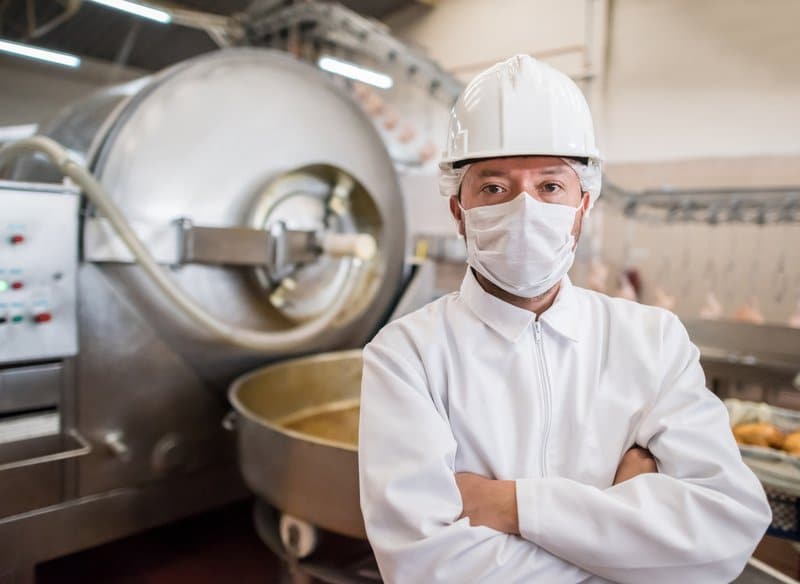
So far, we have covered various aspects of the packaged foods industry. Also, we have touched upon the educational qualifications and skills needed to do well in this industry.
However, we come to the most important topic of any career discussion. Yes, you guessed it — job opportunities. This is where we look at the different career options in detail.
But first, let us understand the responsibilities in the packaged foods industry. Some of the most common tasks can include – developing new recipes and products. Also, people in this industry have to test the products that they have developed.
Additionally, they inspect food products from a quality control standpoint. They operate the machinery in the facilities. Also, they may have to supervise other workers. They also work on marketing and sales of the products apart from packaging them.
Packaging Engineer
He is someone who is involved in every step of the packaging process. This process consists of designing the packaging, testing its durability, and shipping the products. People who have a mathematics or science background along with an aptitude for design are suitable for this role.
Also, there are some other duties in this role. They include choosing the most cost-effective materials for the packaging, enhancing the designs of the existing packaging, and reducing the manufacturing cost of packaging. Packaging engineers earn close to $93,000 on average annually.
Packaging Designer
All firms, from large multinationals like Nestle and Kellogg’s to small boutique ones, depending on their packaging designers. They are also responsible for the look and feel of the packaging. This includes many components such as graphics, colors, and fonts.
People who work in package design hail from backgrounds such as marketing, copywriting, or industrial design. Packaging designers typically make upwards of $58,000 on an annual basis.
Packaging Specialist
These are the people who are highly knowledgeable about all things packaging. These may be simple things, such as the type of glue that needs to be used and the shape of the package.
Also, packaging specialists must ensure that the packaging does not cause any harm to the food. The average salary of a packaging specialist is more than $59,000 annually.
Consumer Behavior Analyst
A person who analyzes consumer behavior must have the latest knowledge of industry trends. Furthermore, he must be aware of various findings through different market research methods such as surveys, focus groups, pilot launches, etc.
This profile is perfect for people looking to work behind the scenes. A consumer behavior analyst studies the impact of logos, brand names, and colors on purchasing decisions.
Qualifications in statistics and research are helpful in this role. A consumer behavior analyst makes $46,000 on average annually.
Packaging Operator
Their primary responsibilities include – the inspection of packaging tools and machinery. Also, they are responsible for the installation of new tools. People who are more interested in the process of packaging rather than the final appearance of the packaged product is ideal for this role.
Furthermore, they work on developing the overall packing system. Finally, they ensure that all the machines run optimally at maximum efficiency. Packaging operators make more than $35,000 every year on average.
Packaging Manager
A packaging manager is someone who calls the shots on the operation floor. His primary responsibility is to ensure that enough people show up to work each day. Also, he has to make sure that there is a sufficient stock of raw materials.
Moreover, a packaging manager also provides direction to the other workers if needed. Finally, a packaging manager supervises the packaging operators. A packaging manager’s mean salary is more than $82000 a year.
How To Start A Packaged Food Business?
There are a few things you need to do to start a packaged food business. First, you need to develop a product that is shelf-stable and appealing to consumers. Next, you need to find a co-packer who can help you produce your product in large quantities. Finally, you need to develop a marketing and distribution plan to get your product into stores.
There is a growing trend in the food industry of people starting their own packaged food businesses. Whether you’re looking to start a small business or expand your current venture, these five steps can help you get started and succeed.
1) Define Your Goals
Before anything else, it’s important to have clear goals for your packaged food business. What do you want it to achieve? Who are your target customers? What are your business expenses? Once you have a good understanding of these things, it will be much easier to start planning your business.
2) Research The Competition
Before you launch your business, it’s important to have a good understanding of your competition. What are their business models? What are their prices? What are their ingredients? By doing this, you can develop a strong foundation for your business and make sure you’re not duplicating efforts.
3) Choose The Right Location
The next step is to choose the right location for your business. Are you open to franchising? Do you have access to a good kitchen? Is the area demographics favorable? Once you have answered these questions, it’s time to start looking for potential locations.
4) Get Licensed And Registered
One of the most important steps in starting a packaged food business is to get licensed and registered. This will protect you from any legal issues and ensure that your business is operating legally.
5) Plan Your Marketing Strategy
Once you have your business set up, it’s time to start planning your marketing strategy. What channels will you use? What will your advertising budget be? How will you distribute your products? By having a solid marketing plan, you’ll ensure your packaged food business succeeds.
Is Packaged Foods A Good Career Path?
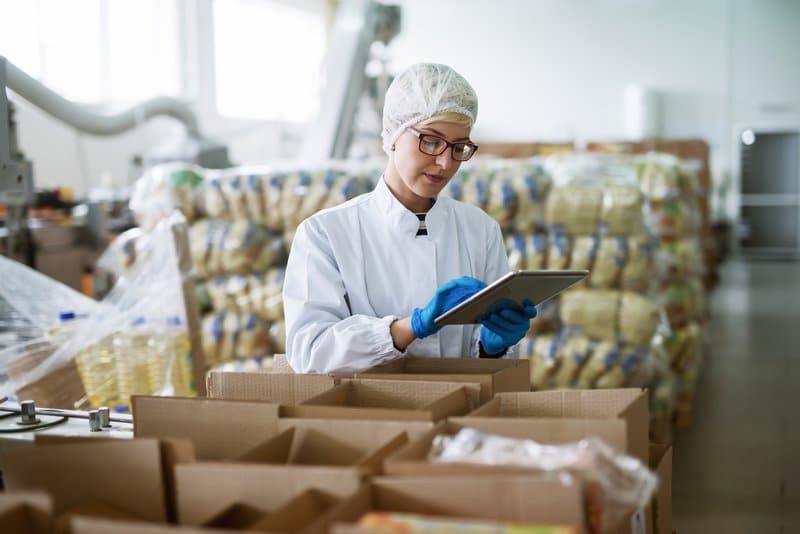
People will always need food. So, this is one industry where the demand will always be very high. This means that there is job stability in this sector. Moreover, many large multinational firms in this field translate to lucrative salaries and plenty of employee benefits. Plus, there are several opportunities for career growth.
However, there are some drawbacks as well. Work in the packaging industry tends to get repetitive. This can more often than not lead to employee burnout. So, one has to be entirely sure before committing to a career in the packaged goods industry.
Also, packaged foods generally tend to have high amounts of sugar and fats. Too much exposure to these, in the long run, is very harmful to our health. Furthermore, the working conditions can get challenging. There will be exposure to heat, dust, and noise. Also, the work will involve stiff deadlines and challenging shifts.
Want To Learn About Other Career Paths?
If you want to know more about other career paths, check out this list on Totempool. You will be able to make your choices with solid information before moving to a particular industry:
- Basic industries
- Broadcasting
- Business services
- Capital goods
- Commercial Banking
- Consumer Services
- Energy
- Healthcare
- Industrial Machinery
- Life Insurance
- Major Banks
- Major Pharmaceuticals
- Metal Fabrication
- Consumer Non-durables
- Oil and gas
- Precious Metals
- Real State Investment Trusts
- Transportation
If you are indecisive about the area, you want to work. Here we list a few functional career paths:
As more industries are published on the website, we will keep updating the list for you. If you want to learn how to choose your career path, check out this article.

Ranu Kumari is a Professional Writer and a Marketing enthusiast who currently runs her own Marketing Consultancy, LatitudeBOX. She has written promotional articles for multiple brands and has published her work in Scopus indexed journals. She is passionate about expressing her thoughts and ideas to connect with her readers in a voice that they understand.
